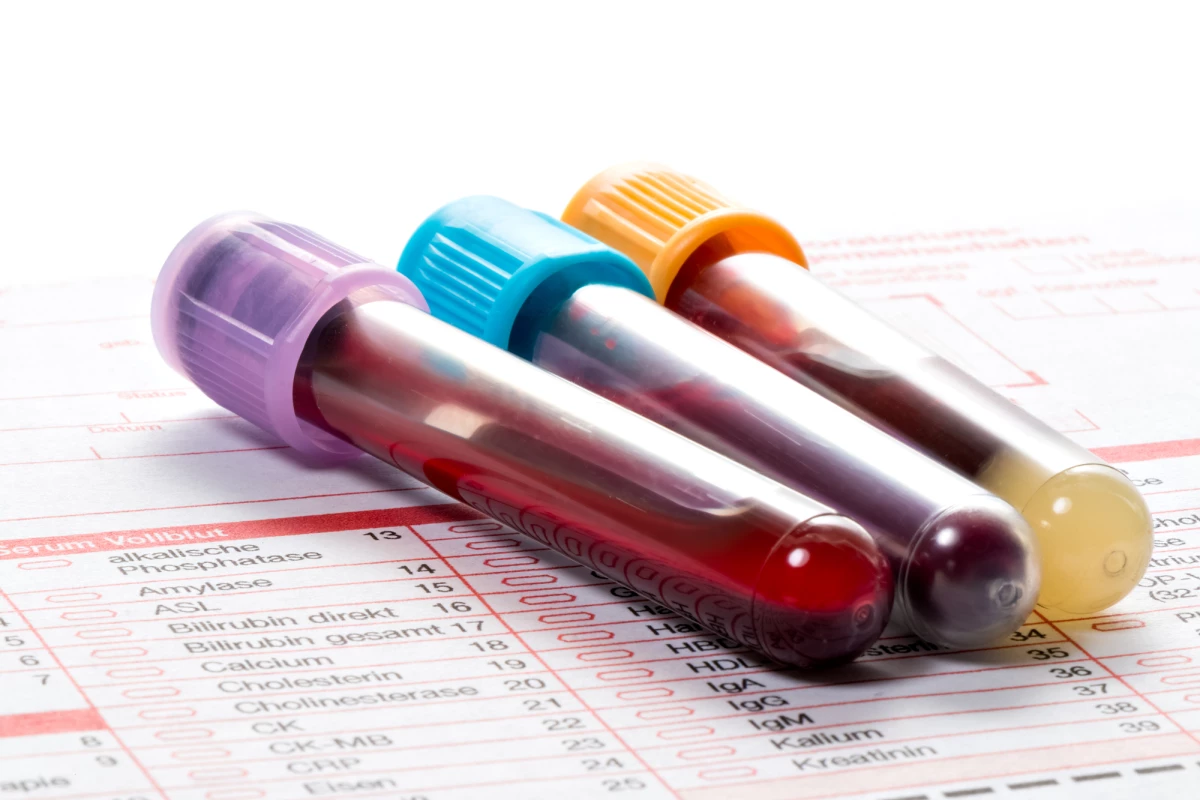Generally, the way doctors detect traumatic brain injuries is through a CT scan, but recently we've seen how a protein called GFAP could play an important role in more prompt diagnoses. A blood test that uses this biomarker to reveal the severity of brain tissue damage in a matter of hours was recently approved for clinical use, but the authors of a new study are now setting their sights on a point-of-care solution that can deliver results within 15 minutes.
The US Food and Drug Administration approved the first blood test for concussion in 2018, ticking off on a diagnostic tool that could reveal intracranial lesions through elevated levels of GFAP in the blood. With the ability to return results in three or four hours, this marked a significant breakthrough when it comes to treating brain injuries, as it makes it easier to determine which patients require expensive CT scans and which ones don’t.
What could prove even more useful, however, is an on-the-spot testing device that can make these kinds of assessments in minutes rather than hours. Working towards this goal, scientists at the University of Pittsburgh conducted a study involving almost 1,500 traumatic brain injury patients and their blood, to investigate whether the warning signs can be picked up earlier in the piece.
The subjects’ plasma was collected and analyzed using a prototype point-of-care device, with the scientists looking to GFAP levels to predict intracranial brain abnormalities on the CT scans taken thereafter. These results were compared to another biomarker released into the blood in response to traumatic brain injuries called S100B.
While levels of both proteins were heightened in the point-of-care analysis, GFAP substantially outperformed S100B as a diagnostic marker for traumatic brain injury. In fact, the device performed so well at using GFAP levels to predict the need for CT scans, the team says it can now provide a springboard for real-world solutions that offer results far more quickly.
“Our results validate a POC platform prototype GFAP assay that delivers results in minutes (< 15 min) versus hours for the current FDA-cleared assay,” the scientists write in their paper.
One of the ways the team sees this technology being used is through a handheld device called an i-STAT, which is already in use by health care providers as a way of carrying out certain blood tests in minutes. The scientists estimate that used in this way, the approach could slash the number of unnecessary CT scans by as much as 20 percent.
“Knowing this protein can show the severity of a TBI through a simple blood test is promising when considering we can use a device that already is in widespread use in hospitals, doctors’ offices and urgent care facilities,” says lead author David Okonkwo. “All we would need to do is add an extra cartridge to the device to analyze blood for the GFAP protein.”
The research was published in the Journal of Neurotrauma.
Source: University of Pittsburgh




